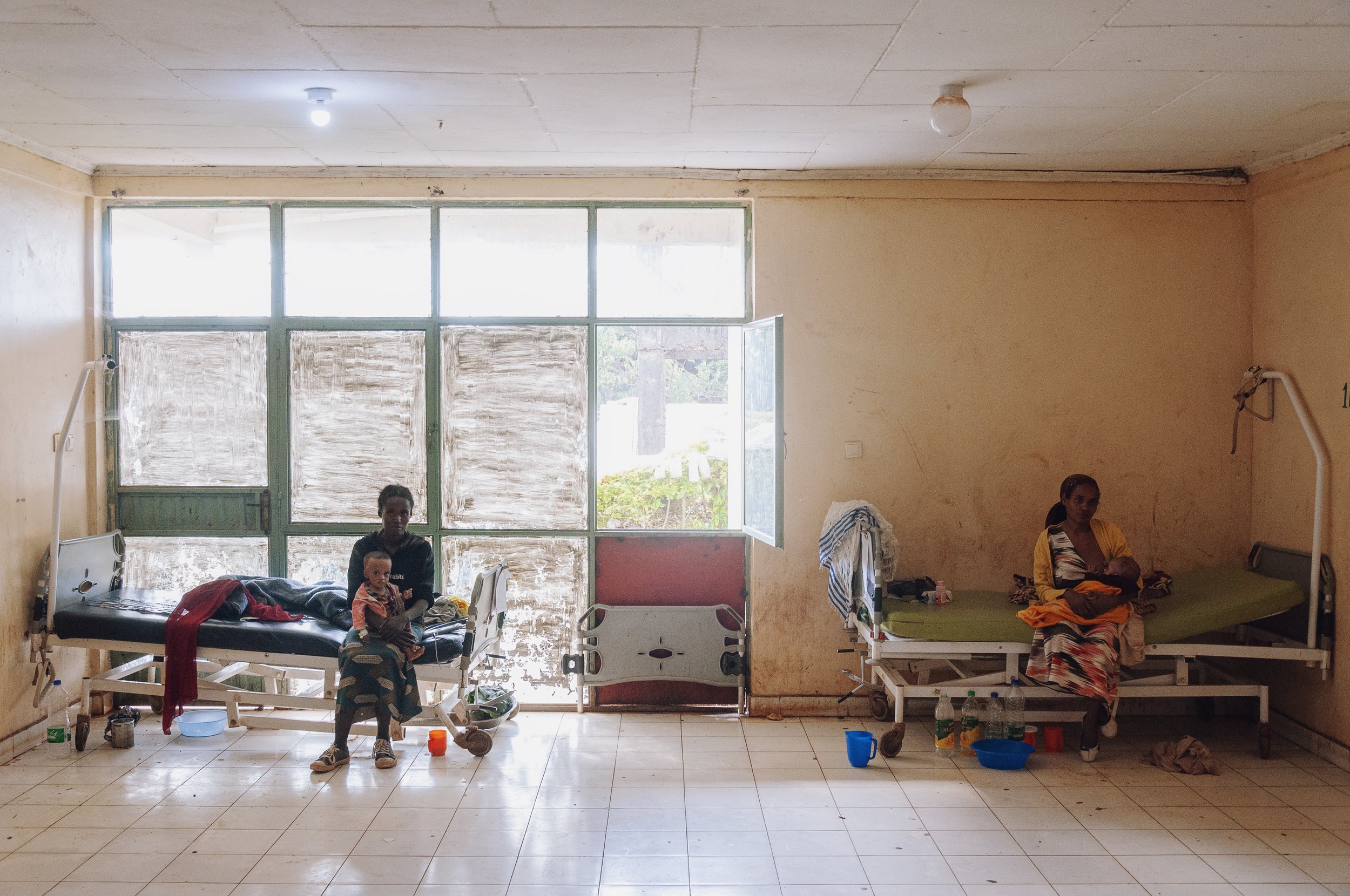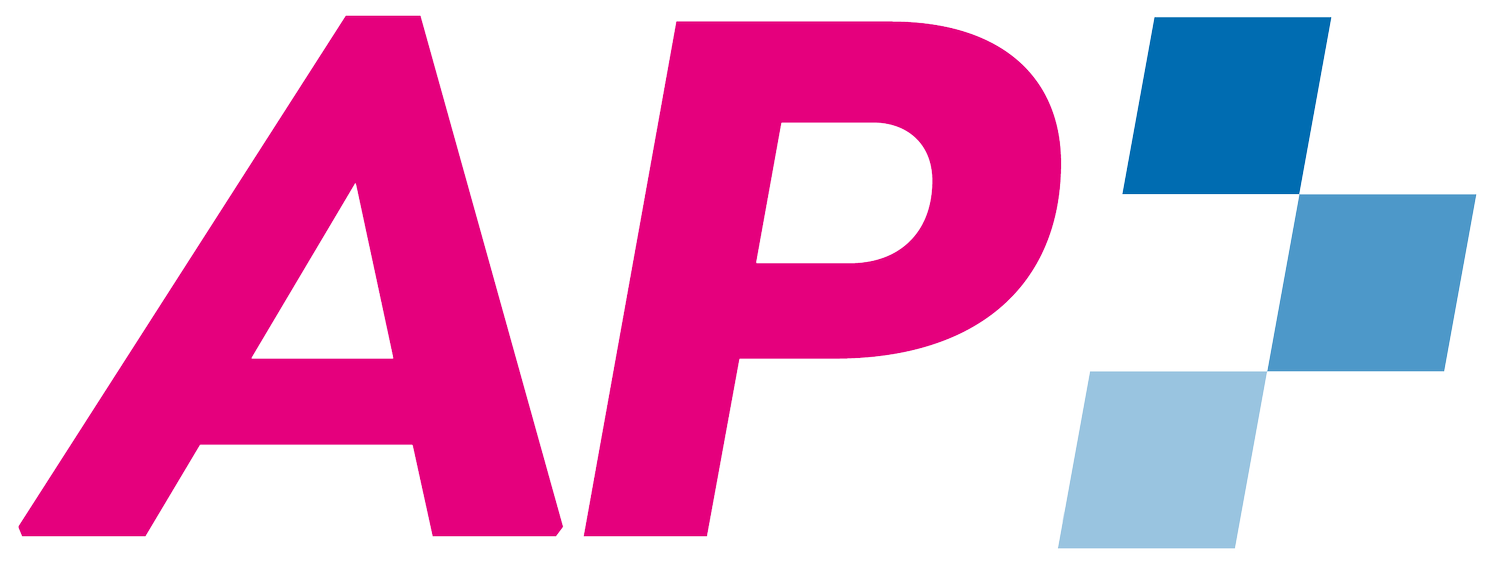
Ethiopia
Patient room at Karat Primary Hospital
Why does Ethiopia need our support?
Ethiopia, Africa's second-most populated country with 132 million residents, carries the scars of its recent past. Nowhere is this more evident than in its healthcare and energy sectors. In the Tigray region, 86% of healthcare facilities have been damaged or completely destroyed, leaving communities vulnerable and medical professionals grappling with unimaginable obstacles.
The impact of electricity outages during surgery extends far beyond inconvenience - it becomes a matter of life and death. This broader crisis underscores the challenges faced by hospitals lacking reliable power: the inability to cool vaccines, perform surgeries, or operate essential medical devices jeopardizes critical healthcare delivery and patient safety.
-
Blackouts are endemic, and diesel generators - the primary alternative - are an expensive, unsustainable solution. At Ayder Hospital in Mekelle, for instance, diesel costs devour the equivalent of 7,000 yearly wages. Across Ethiopia, countless X-rays, incubators, and oxygen concentrators are rendered useless by power surges when electricity sporadically returns.
-
Ethiopia faces major healthcare challenges, including limited access to quality services, especially in rural areas, shortages of skilled health professionals, underfunded infrastructure, and frequent disruptions due to conflicts and funding gaps. While the country has made progress expanding primary healthcare, inequities remain, with many communities lacking essential services and struggling with high out-of-pocket costs. These issues are made worse by supply chain disruptions, weak governance, and heavy reliance on external aid, all of which threaten the stability and resilience of Ethiopia’s health system.
Patient room at Karat Primary Hospital
Why it matters
21.4 M
people require urgent humanitarian aid to access essential services such as water, sanitation, health, nutrition, education, and protection.
800,000 +
people in Ethiopia’s displacement settings remain without reliable energy access.
8.3 M
children in Ethiopia are not attending school, with the highest numbers in the Amhara, Oromia, and Tigray regions. (Source)
How we are making an impact
By bringing together Ethiopian and international partners, such as Solar Energy Foundation, ADRA, ForAfrika, WEEMA, to name a few, we are set to solarize three hospitals (totaling approx. 230 kWp) and deliver medical supplies worth approx. €1 million - initiatives that promise to support healthcare in a country still recovering from one of the most deadly conflicts of this century. By installing solar energy systems we help to drastically reduce long-term operating costs and reduce CO2 emissions.
Our’ approach combines technical expertise, innovative financing, and strategic partnerships to create sustainable solutions:
Affordable Solar Systems: By leveraging partnerships with German solar equipment suppliers such as Enpal, Aid Pioneers’s team designs and builds world-class solar systems at 70% less than local vendors have quoted. These systems come with warranties of over 10 years, ensuring reliability.
Blended Financing: As we mostly focus on larger systems (30-300 kWp), there is a substantive upfront investment required. However, we solve this by combining loans and grants. Hospitals save money on diesel and repay part of the upfront solar costs over time, while grants cover the remainder. This approach makes solar both accessible and financially sustainable as it allows us to re-use the funds for the next projects.
Medical Supplies: With reliable electricity, hospitals can maximize the impact of medical equipment. Aid Pioneers' partnerships with organisations like Project CURE and Partners for World Health allow us to source these supplies at around 5% of market value and ship them to Ethiopia at no thereby further increasing the reach and cost-effectiveness of our projects. Our freight forwarding partners such as flexport have allowed us to ship to countless regions around the globe at no cost, thereby further increasing the reach and cost-effectiveness of our projects.
Girmay Berhe (Aid Pioneers’ Engineering Lead) and Julian Adler collect data for Mudula hospital’s solar system.
Our Impact in Numbers
$ 387.715
GIK value of medical supplies sent to support healthcare facilities.
1.523 t
of CO₂ emissions reduced over the next 10 years.
€777.445
in gross cost savings across the next 10 years.
1.691 m²
of solar panel surface - that is equal to the size of 8.64 tennis courts.
251.400+
additional treatments in healthcare facilities, enabled by extended capacity through improved daylight lighting.
223 kwh
total system size of solar systems across Ethiopian schools and hospitals.
HIGHLIGHT
Mudula Hospital
Mudula Primary Hospital, a rural medical lifeline for over 600,000 people is now officially running on solar power. After months of design, coordination, and Solar Energy Foundation’s local team installing the system, the batteries are now charged. WEEMA and Enpal provided crucial technical and financial support, while the experienced team at Solar Energy Foundation, led by country director Samson Tsegaye, applied their local expertise to transform plans into reality.
The newly installed solar system provides Mudula Primary Hospital with stability and reliability. Enabling the hospital staff to focus on their day-to-day operations in a stable, reliable system (no more blackouts, burned devices, or spoiled medicine) allows patients to receive the medical aid they need and deserve.
The impact speaks for itself:
73.8 kWp of solar panels across 400 m² (about two tennis courts)
120 kWh of battery storage to keep things running when the sun’s on break.
Enough clean power to cover 69% of the hospital’s energy needs and generate 132 MWh annually.
Last but not least, the switch from diesel to solar at Mudula Hospital will result in 35,5 tons of CO2-Savings. The new solar system is not just good for the planet, it’s also good for the bottom line: it will save the hospital more than €300,000 over the next 10 years. With an average treatment cost of €5 per patient, that translates into care for over 68,000 additional treatments.
Photography by the local installation team from Solar Energy Foundation.
Our Partners
ADRA (Adventist Development and Relief Agency) is the global humanitarian arm of the Seventh-day Adventist Church, operating in over 100 countries. They focus on disaster relief and development programs, aiming to improve the well-being of individuals through initiatives in health, education, and economic development.
Founded in 2011, WEEMA International partners with rural communities in southwestern Ethiopia to provide access to clean water, quality education, healthcare, and economic opportunities. Their holistic approach focuses on community-led development to ensure sustainable and impactful change.
The Solar Energy Foundation is a nonprofit organization dedicated to promoting the use of solar energy in developing countries. They focus on providing reliable and sustainable energy solutions to rural and marginalized communities, aiming to improve living conditions and support economic development.
ForAfrika, formerly known as Joint Aid Management (JAM), is the largest indigenous African humanitarian organization. With nearly 40 years of experience, they work across the continent to provide emergency relief and implement development programs in areas such as food security, health, education, and economic empowerment.









What can you do to help?
Aid Pioneers’ on-the-ground partners are bringing reliable electricity to Ethiopia’s most vulnerable hospitals, where frequent blackouts and soaring diesel costs threaten patient care and strain already limited resources. Without stable power, hospitals struggle to perform surgeries, cool vaccines, and operate life-saving equipment-putting lives at risk every day.
With your support, Aid Pioneers is solarizing hospitals and delivering essential medical supplies, reducing operating costs and ensuring that healthcare workers can save lives-no matter the hour or the power situation.
Partner with Aid Pioneers
At Aid Pioneers, we believe in the power of collaboration to drive meaningful impact. We’re always looking to connect with organizations, companies, and individuals who share our mission of delivering innovative, sustainable aid solutions.
If you're interested in partnering with us, we’d love to hear from you. Reach out today and let’s explore how we can make a difference together.








